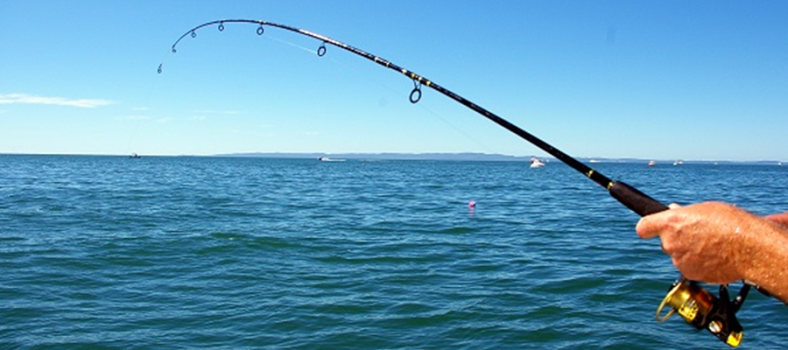Australian gambling laws: what you need to know
As a country, Australia leads the way in gaming with 80% of the adult population estimated to take part and, according to the Australasian Gaming Council figures, a per capita spend of $1172.14 for 2014/15.
Over recent years these figures have steadily increased due to a number of factors that range from the emergence of online casinos to an increase in gaming tourism, making many cities in Australia a stopping-off point for travelling gamblers.
With this much interest in the activity it’s not surprising that there are a great number of laws and regulations covering all aspects of gaming from casino betting to poker machines and from sports betting to horseracing.
Traditionally, individual states and territories have been in control of introducing and enforcing their own legislation for land-based casinos so, for example, the law in New South Wales is set by the NSW Department of Gaming and in Queensland it’s the State Office of Gaming Regulation. However some rules are universal and these include the fact that no-one under the age of 18 can gamble and that all casinos need to be licensed with the state government to operate.
Unlike some countries, the law also takes a relaxed view on the tax liabilities of winnings. As gambling is seen as a game and not a professional sport there are no taxes to pay on winnings – perhaps a good reason why players have not tried harder to get a definitive answer in the debate about whether poker is a game or a sport.
Whereas physical gaming is under state or territory jurisdiction, the explosion in online gaming over the last couple of decades brought about a need for a nationwide piece of legislation so the Australian Commonwealth Parliament decided it was time to act. With many offshore gaming companies entering the market and threatening to take business away from Australian operators the Interactive Gambling Act came into force in 2001.
This made it illegal for foreign operators to offer or advertise real money online gambling to Australian citizens while it still allowing Australian operators to offer gambling services to other parts of the world. However, it was not made an offence for Australians to access and use off-shore gaming sites so over the years it has proven to be a relatively ineffective piece of legislation.
To address this fact there have been recent proposals to tighten up the loopholes in the law and this has been very well received by Australian operators. As to whether it would also be better to standardise all gaming laws across the country there are two schools of thought. Yes, it would be easier to know the same rules apply everywhere but it would also mean state authorities would have to give up a degree of autonomy – never a popular move.






No Comment